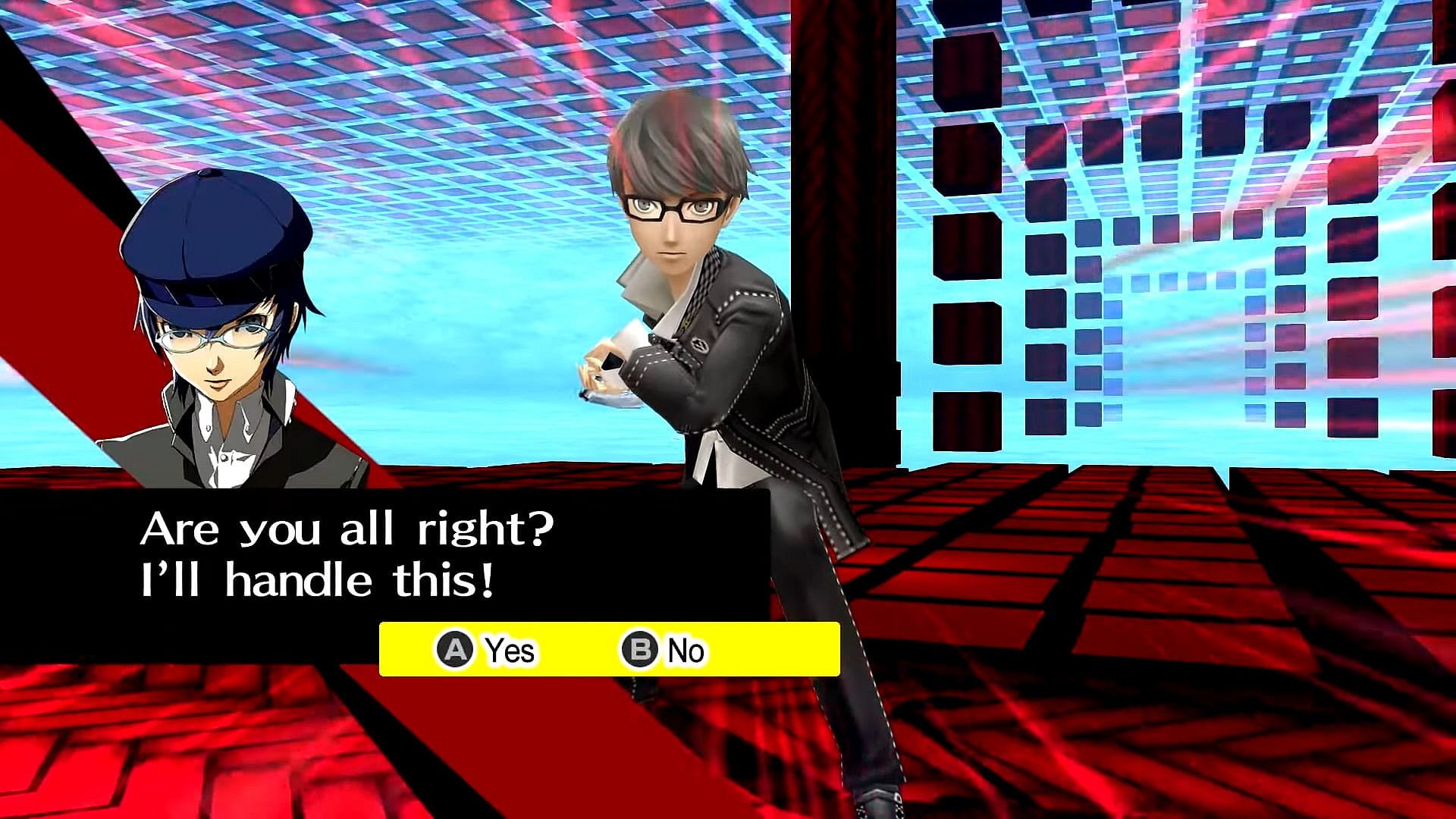Video Game News Outlets Rehash Tired Whining About ‘Persona 3’ And ‘Persona 4’ After Remasters Release For Modern Consoles
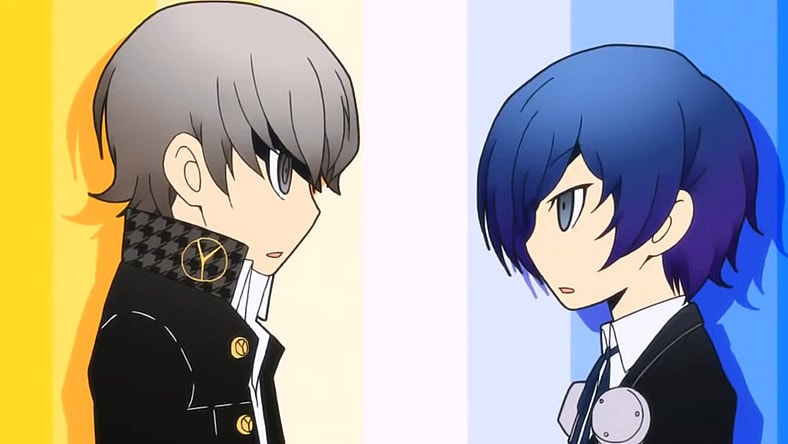
Once again proving themselves to be the journalistic equivalent of ambulance chasers, the recent release of the Persona 3 Portable and Persona 4 Golden remasters for modern systems has prompted numerous video game outlets to make a play at relevancy by rehashing the same tired identity politics-based nontroversies which have disingenuously hounded the Atlus classics for years.

RELATED: ‘Persona 5 Royal’ Developer Atlus Confirms Several New Games In Development To Be Released This Year
Released on January 19th, these remasters bring the upgraded versions of the games responsible for both the spin-off Persona and base Shin Megami Tensei series’ worldwide explosion in popularity – though it should be noted that P3P cuts the anime cutscenes featured in the expanded Persona 3: FES release in favor of laughably poor in-game animations as well as The Answer expansion – to players on the Nintendo Switch, PlayStation 4, Windows, Xbox One and Xbox Series X/S platforms.
Featuring a Persona summoning system which relies on a given user firing a gun-shaped Evoker at their head to unleash their inner self, Persona 3 Portable follows the exploits of the Specialized Extracurricular Execution Squad as they seek to investigate the cause of an outbreak of sudden catatonia which has randomly begun to infect the citizens within the Japanese city of Iwatodai.

Meanwhile, Persona 4 Golden centers on the Japanese equivalent of the Mystery Gang on their quest to solve the mystery behind a string of brutal murders occurring in the small rural town of Inaba, all of which center around a mysterious new demon-filled dimension which can only be accessed through peoples’ television sets.

RELATED: Sega Seeking To Produce Live-Action Adaptations Of Atlus Games Including Persona Series
With the original versions of each game having hit shelves in 2006 and 2008 respectively, the twin-pair of PlayStation 2-era Persona games have spent a good amount of the time and a number of re-releases in the years since being subjected to an unending stream of critical (and often insufferable) analysis, most of which disgustingly writes off the intentions of the original creators as Japanese ignorance in favor of using Western identity politics as a basis for disingenuous accusations of bigotry.
And unfortunately, despite actual fans of the series regularly and thoroughly disproving such claims by citing the games’ scripts themselves, this trend has only grown more ridiculous with the release of the P3P and P4G‘s new ports.
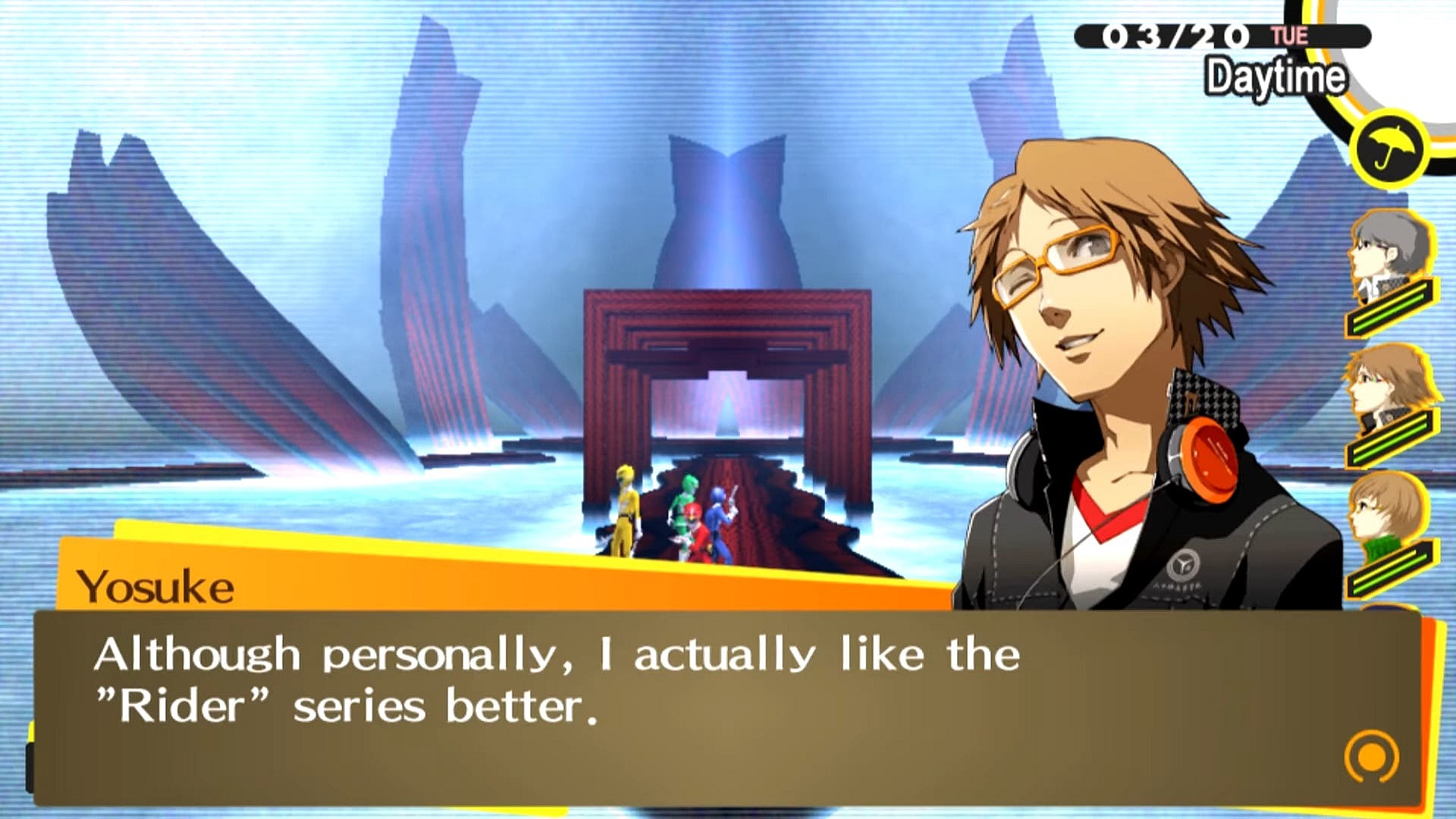
Beginning with the headline declaration that “Persona 3 Portable‘s Female Protagonist Is A Misogynistic Relic Of Its Time“, TheGamer’s Jade King argued that the game, like many of Atlus’ titles, “refuses to value women as characters deserving of development and agency equal to their counterparts.”
Making sure to appropriately virtue signal to her audience by taking issue with Atlus’ lack of action in the face of the ongoing #KickVic movement, King then pointed to how “your role in Persona 3 Portable as a mostly silent sexual object is exemplified with characters like Junpei Iori, a perverted weirdo who is coincidentally still voiced by alleged abuser Vic Mignogna [and] a majority of [whose] lines when playing as the female protag involve the thrill of living with a house of sexy girls, hitting on fellow students, or wanting to get his rocks off.”
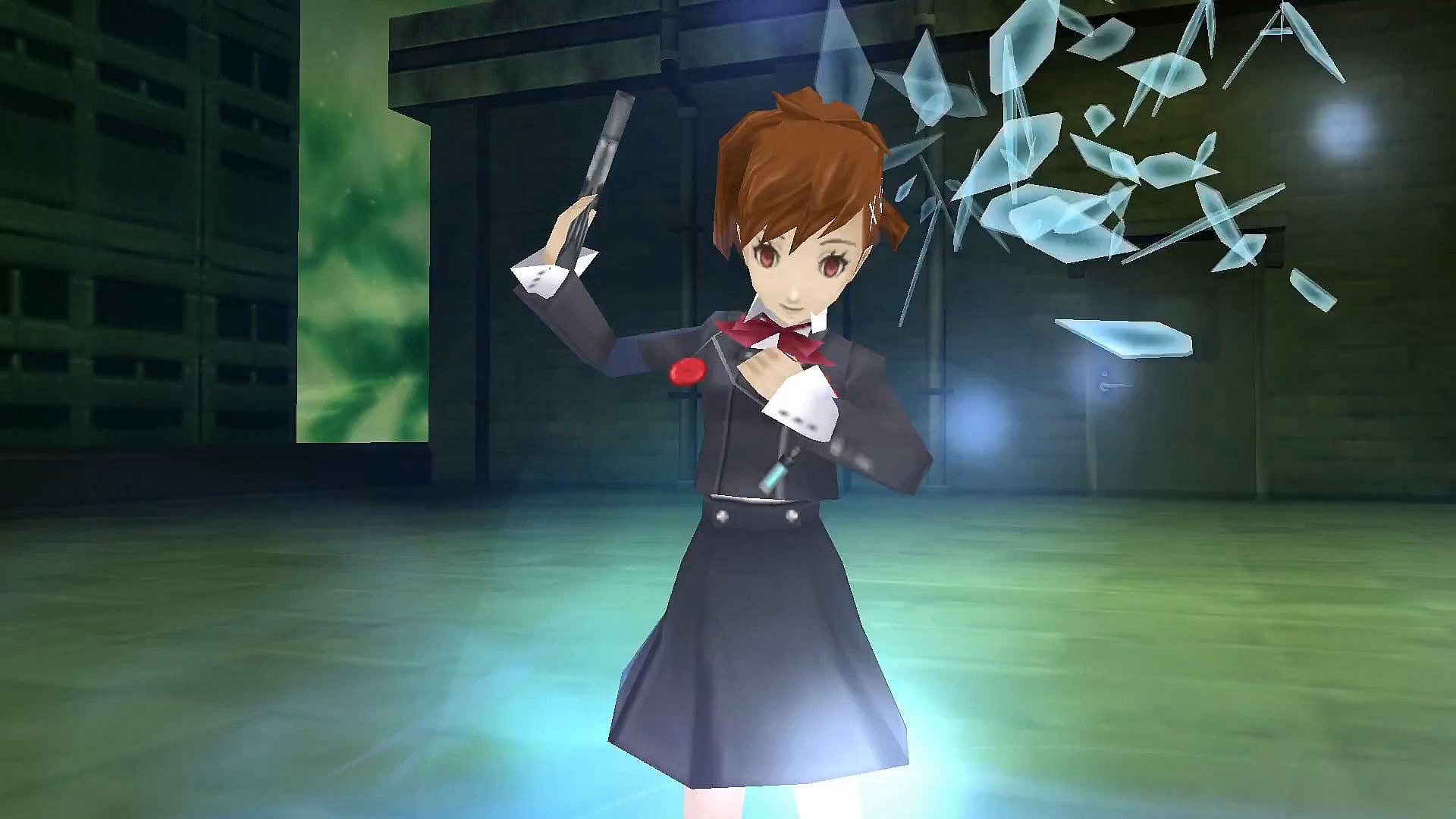
“It all just grows a bit tiresome in how Persona 3 reinforces the unfair assumptions and abuse many women face in reality,” she said. “You could argue a game trying to be this dark and current in its commentary is doing such a thing on purpose, but it really isn’t. It originates from a culture of ingrained sexism that games and anime have been dealing with since their inception, where women are often viewed as objects and lesser beings not deserving of equal agency.”

Seeking to discuss “The Successes and Failures of Persona 3 Portable’s Feminine Perspective“, male Paste Magazine writer Austin Jones asserted that “the opportunity to play as the female protagonist [was] a different and, at times, better experience than playing as its male protagonist.”
“It’s no secret that Persona occupies a typically male perspective, so much so that it verges into the misogynistic and homophobic at times,” he wrote. “While playing as the female protagonist, you’ll spend time with the female cast instead. There are a few scenes like this peppered through the game which allows you to get to know and understand the female characters in much deeper, more tender ways, removed from the idea of romantic conquest.”
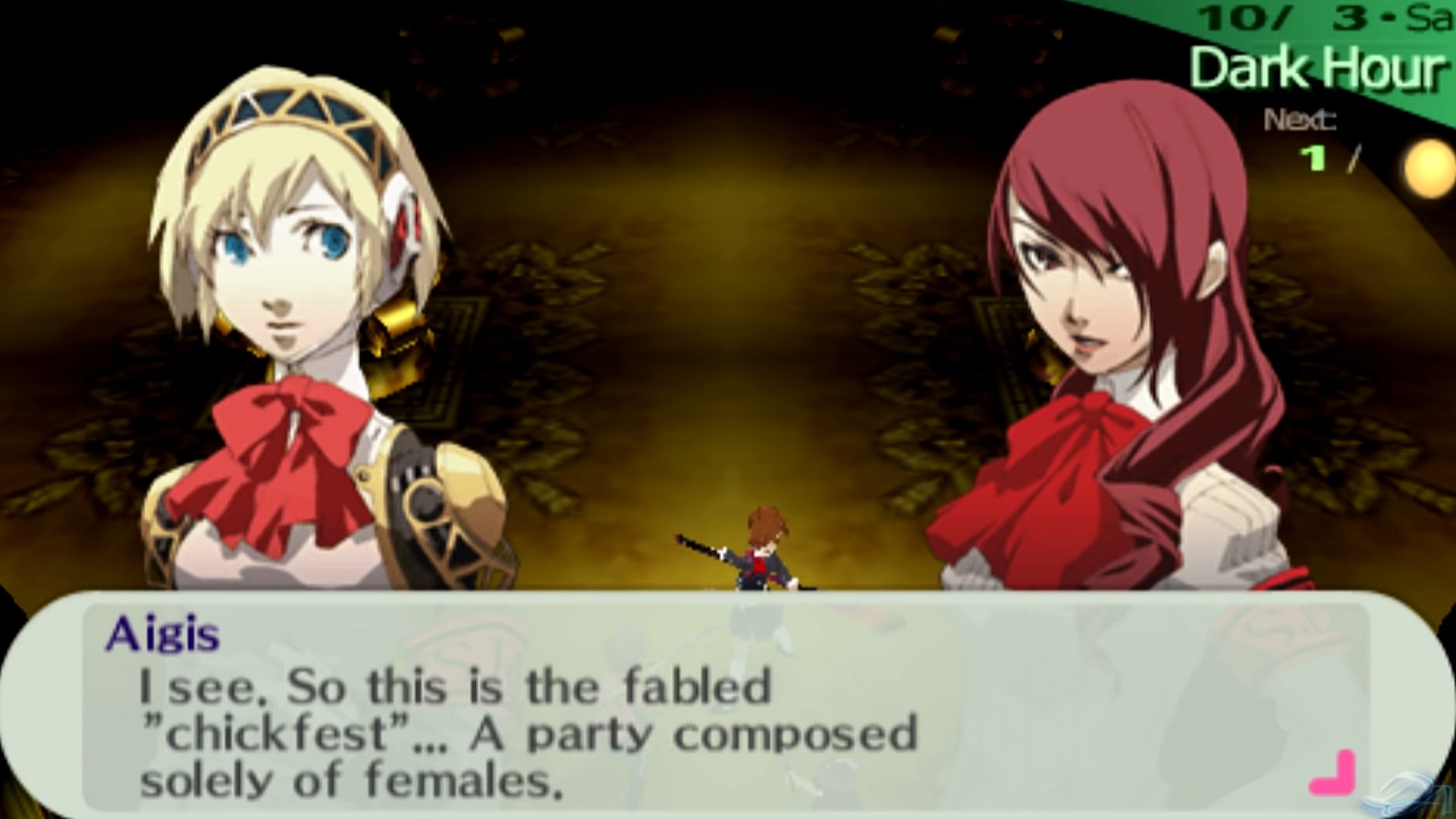
“The ability to make female friendships, to see the girls in the game as well-rounded people, is vital if the series wants to be taken seriously by a wide audience not poisoned by otaku tendencies,” Jones would ultimately conclude. “If Persona wants to fix its misogyny issue, it first has to address its obsession with catering to those who so desperately want stories in games to revolve around them. To view women as people you must first let go of your own self-centered ego.”

Meanwhile, Polygon’s Diego Nicolás Argüello set his sights on Persona 4 Golden, performatively lamenting the fact “Persona 4’s more problematic content hasn’t been updated or revised in its new iteration.”
“It’s still mired in sexist tropes, and its representation of queer characters remains lacking at best, and harmful at worst,” he attempted to scare his readers. “It may be easier to pick up and play than ever before, but its content is still intermittently hard to stomach.”

RELATED: Polygon Claims ‘Elden Ring’ Boss Malenia “Embodies FromSoftware’s Problems With Women”
Likewise mining this vein of outrage in an editorial titled “Persona 4 Golden has not aged well“, Eurogamer’s Deputy News Editor Ed Nightingale bemoaned how P4G‘s “poor representation truly soured my time with the game.”
In addition to claiming that “P4G is rife with misogyny” because “female characters exist almost always under a male gaze, their worth directly relating to their looks”, Nightingale pointed to the regularly touted misconceptions that the game ‘queerbaits’ its players with the storylines of Kanji Tatsumi and Naoto Shirogane.
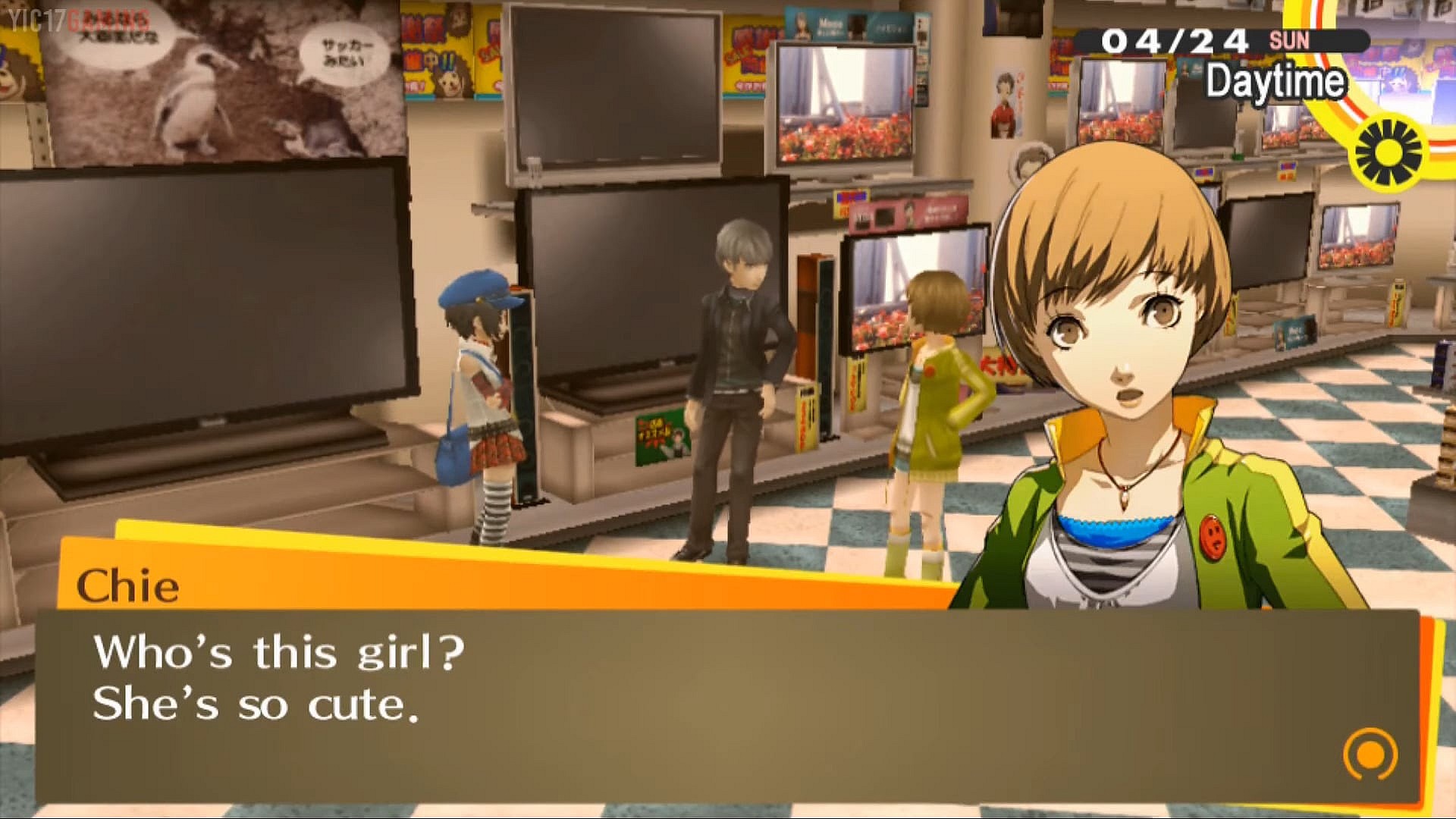
“[Kanji is] gay, though not explicitly. also gay, He’s just portrayed using harmful stereotypes that are at best awkward and at worst downright homophobic,” he wrote. “And then the real kicker: Kanji, it turns out, isn’t struggling with his sexuality at all. He simply has a fear of rejection, from either gender. He’s interested in typically feminine pursuits like sewing and worries that this makes him less of a man.”
“After all the sexualised imagery and clear connotations of homosexuality, Kanji never comes out,” added the editor. “Instead he simply accepts his fear of rejection. This is the ‘strength of heart’ he shows, which isn’t strength at all. It’s a bait and switch by the writers that utterly undermines the character and heightens feelings of shame.”

Turning to the P4G Investigation Team’s resident detective-in-training, Nightingale shares his belief that Naoto’s entire storyline – which sees her introduce herself as a boy out of her own misconception that women could not be respected in a male-dominated profession before coming to take pride in both her ambitions and her gender – implies that she “is trans”.
“But rather than accepting this, another bait and switch occurs,” he falsely describes. “Naoto says that being female ‘doesn’t fit my ideal image of a detective’ and states ‘though I will one day change from a child to an adult, I will never change from a woman to a man’. Naoto is then treated by the other characters as a girl, and is suddenly flirted with by men – the troubling inference being that Naoto has been female all along and simply chose to wear men’s clothing, rather than any deeper exploration of gender.”

As noted above, these reads of Kanji and Naoto’s arcs are nothing more than headcanons conceived by fans who intentionally sought to view the series through the lens of critical identity theory.
In reality, as even noted by Nightingale in his piece, both characters’ personal journeys involve them coming to term with their insecurities surrounding their interests in hobbies typically favored by the opposite gender – sewing, knitting, and ‘keeping house’ for Kanji, police work for Naoto – rather than dealing with any sort of sex-based confusion.
